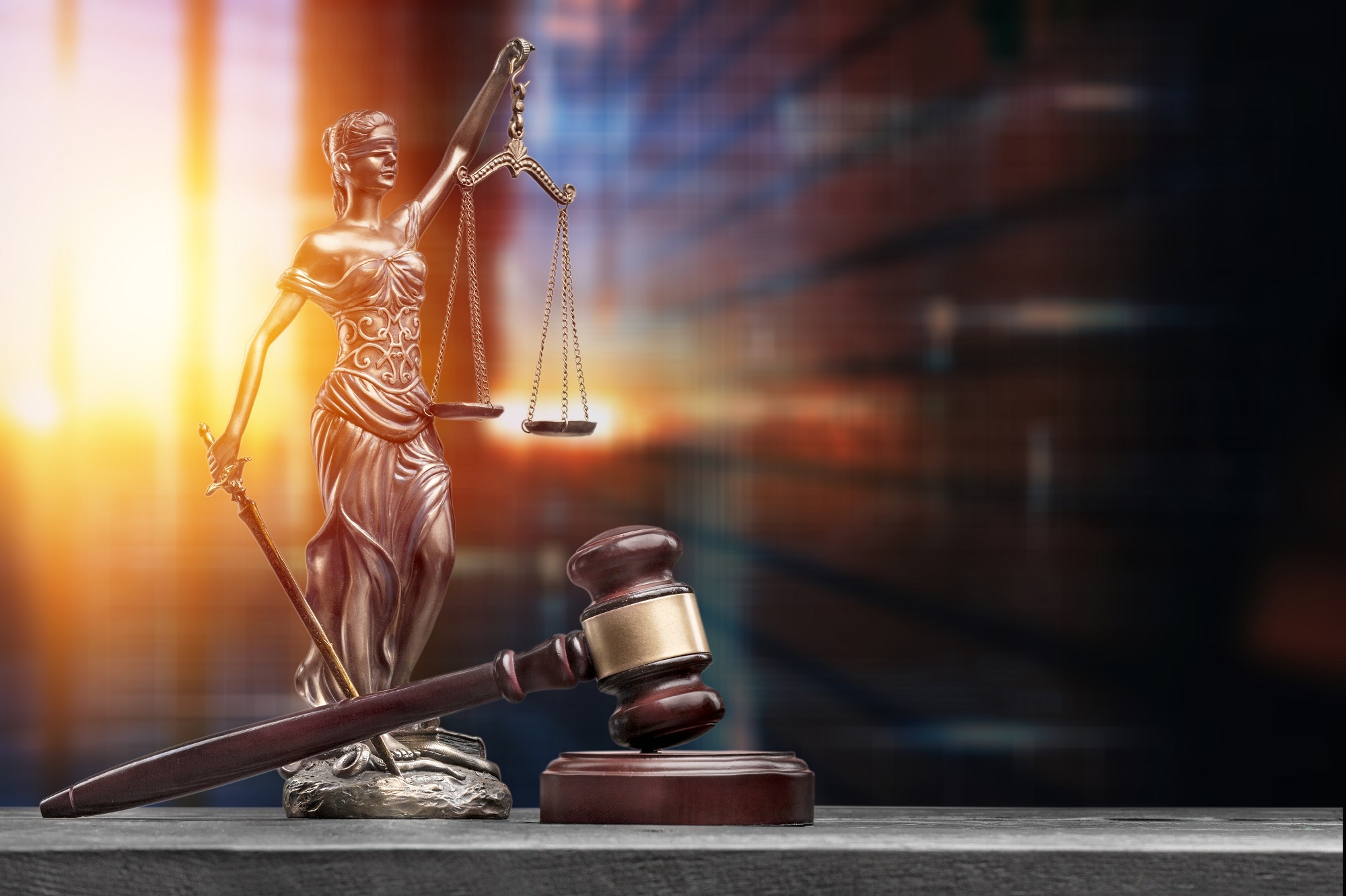Our system of criminal justice is the fairest in the world because it is based upon rights which serve to protect against the conviction of the innocent. These rights include the right to a trial, a jury, an attorney, cross-examination, to present a defense, to testify or remain silent, and the right to appeal. The role of a criminal defense attorney in this process is to assert these rights to protect the client and the client’s due process right to a fair trial.
Here are a few examples of how your attorney can protect your rights in the process:
UNLAWFUL SEARCH AND SEIZURE
Law enforcement makes arrests and executes search warrants to collect evidence of a crime before charges are filed. The Fourth Amendment protects against unreasonable searches and seizures. This is a corollary protection of your right to privacy. Arrests must be lawfully made and warrants must be lawfully issued or evidence obtained may be subject to exclusion at trial. For example, arrests and warrants must be supported by probable cause. An unlawful arrest or warrant would be challenged by a good criminal defense attorney and this may result in either suppression of all of the evidence or dismissal of the case.
For example, an unlawful detention or illegal arrest may often result in the seizure of drugs. When the detention or arrest is unlawful then the drugs are excluded or suppressed and this often leads to dismissal of the charges.
Steve Thayer has won dozens of marijuana grow cases where the warrant to search was successfully challenged for lack of probable cause. All of the evidence was suppressed and the cases dismissed.
Steve Thayer has also won several child pornography cases due to lack of probable cause for the warrant. All the unlawful images were suppressed and the cases dismissed.
UNLAWFUL CONFESSIONS
Before charges are filed a good attorney always advises his client to exercise the right to remain silent. When the client does talk to the police, the statements may be unlawfully obtained. Our constitutional case law recognizes that police interrogation is inherently coercive. Police have an obligation under Miranda v. Arizona and other authorities to ensure that the suspect/accused is informed of his/her right to remain silent and right to counsel and refrain from coercive tactics during interrogation. If the police cross the line a good criminal defense attorney will respond with a motion to exclude unlawfully obtained statements so they can not be used against his client at trial.
CROSS EXAMINATION
Based on the right to confrontation, the great John Henry Wigmore once referred to cross examination as “the greatest legal engine ever devised for the assertation of truth.” A good criminal defense attorney is an expert at cross examination. Effective cross examination is almost always critical. When it comes to cross examination there is no substitute for experience.
Those are just a few examples, and of course there are many more. Whether you are innocent or overcharged the quality of your criminal defense attorney is a critical factor in determining whether or not you are fairly treated in the criminal justice system.

